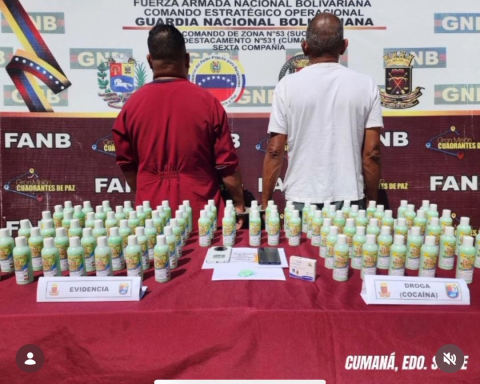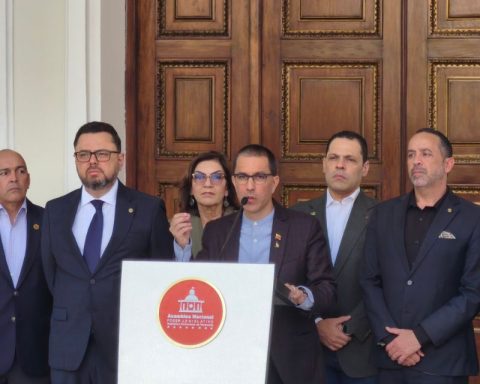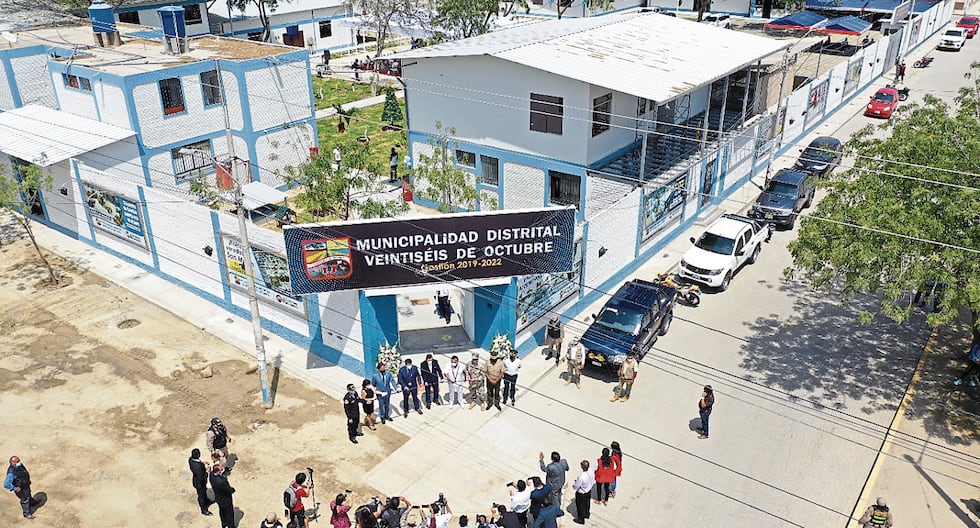The PDVSA ad hoc board assured that it remains willing to cooperate with alternative mechanisms that may be proposed by the parties involved in the Citgo case, to comply with financial obligations and avoid forced sales. The Venezuelan refining complex in the United States reached a crude oil processing capacity of 774,000 barrels per day, which is equivalent to an operational efficiency of 96% with respect to its capacity.
The ad hoc Administrative Board of Petróleos de Venezuela (Pdvsa) presented a management balance sheet corresponding to the year 2024. It stated that Citgo, a subsidiary of the state-owned company in the United States, continues to be a strategic asset for this company and that it will continue to defend the Venezuelan assets abroad.
«The Ad Hoc Administrative Board of Pdsa reaffirms its mission to protect Venezuela’s assets abroad. During 2024, we have faced complex legal and financial challenges derived from past decisions, but we remain firm in our purpose of defending the heritage of Venezuelans,” he indicated.
He highlighted in a press release that in 2024 they faced demands exceeding 20 billion dollars, derived mainly from expropriations and debts contracted by the governments of Hugo Chávez and Nicolás Maduro. He referred to the seizure of shares on PDV Holding, owner of Citgo, imposed by the Delaware District Court, and noted that «is framed in multiple procedural and commercial matters still to be resolved, including objections and the possibility of appeals by Venezuelan entities.
He assured that he remains willing to cooperate with alternative mechanisms that may be proposed by the parties involved in the process to comply with financial obligations and avoid forced sales, “once a democratic transition is achieved in Venezuela. In this context, Citgo continues to be a fundamental and high-value asset for PDVSA.
Citgo operating situation
The PDVSA ad hoc board highlighted that in the second quarter of this year, Citgo carried out a major maintenance and modernization program throughout its refining system. They assure that the “postponed” plans, by Chávez and Maduro, caused significant damage to facilities, decreased operational efficiency, increased risks of accidents and environmental damage and loss of asset value.
«The performance of these maintenance works required total plant shutdowns for several weeks. Regarding the average processing capacity of crude oil and other refining streams, between the beginning of January and the end of September 2024, the figure of 787,000 barrels per day was reached, which represents a decrease of 20,000 barrels per day compared to the same period of 2023,” indicated the report of the PDVSA ad hoc board, chaired by Horacio Medina.
The strategic investment in corrective and preventive maintenance carried out in Citgo’s three refineries: Lake Charles, Corpus Christi and Lemont was highlighted, which allowed the company to achieve positive results in the third quarter. “A crude oil processing capacity of 774,000 barrels per day was achieved, which is equivalent to an operational efficiency of approximately 96% with respect to its nominal capacity of 807,000 barrels per day.”
«During that quarter, 37,000 barrels per day of other refinery streams were also processed. In October, there was a significant increase in the total volume of crude oil and other processed streams. Crude oil capacity reached 769,000 barrels per day; that of other feeds was 125,000 barrels per day, resulting in a total processed volume of 894,000 barrels per day,” he noted.
The board also reported that Citgo’s revenues were affected during the second and third quarters due to “exogenous factors that impacted crude oil prices and fuel markets,” which is why refining margins decreased approximately 40%. during the second and third quarters compared to the first quarter of 2024.
*Read also: Ukraine closes the passage to Russian gas after almost three years of war
*Journalism in Venezuela is carried out in a hostile environment for the press with dozens of legal instruments in place to punish the word, especially the laws “against hate”, “against fascism” and “against the blockade.” This content was written taking into consideration the threats and limits that, consequently, have been imposed on the dissemination of information from within the country.
Post Views: 591















